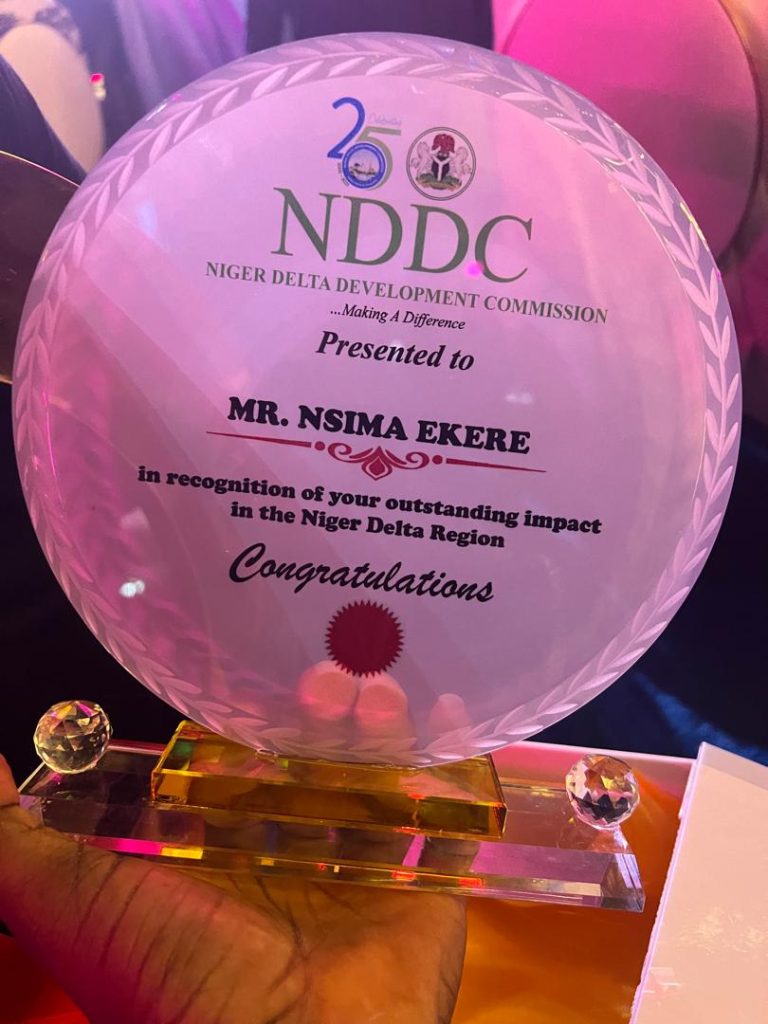News
Impact of Slavery on Black Communities today

The legacy of slavery is a profound and enduring issue that continues to affect Black communities across the globe.
The transatlantic slave trade, which forcibly removed millions of Africans from their homeland and subjected them to a lifetime of bondage in the Americas, has left deep scars that are still felt today.
The impact of this dark period in history is evident in various aspects of life, including socioeconomic status, family structures, education, and access to opportunities.
Historically, slavery disrupted the fabric of African society, tearing families apart and erasing cultural identities. This disruption has had long-lasting effects on the descendants of those enslaved, contributing to challenges in forming stable family units and maintaining cultural traditions.
The economic disadvantage imposed by slavery and subsequent discriminatory practices has resulted in a wealth gap that persists to this day, limiting access to quality education, housing, and employment opportunities for many Black individuals.
Moreover, the psychological trauma of slavery has been passed down through generations, a concept known as intergenerational trauma. This manifests in various ways, including distrust of institutions, internalized racism, and mental health issues.
The criminal justice system, which disproportionately targets Black individuals, can be seen as a modern-day extension of the control and dehumanization that was central to slavery.
Efforts to address these ongoing issues have been varied, with some advocating for reparations and policy reforms aimed at correcting the injustices of the past and present. Educational initiatives seek to raise awareness of the history and ongoing impact of slavery, while community programs aim to empower Black individuals and families.
The conversation about the impact of slavery is complex and multifaceted, involving historical context, current societal structures, and the lived experiences of Black communities. It is a topic that requires careful consideration and a commitment to understanding and addressing the deep-rooted inequalities that have stemmed from this inhumane practice.
How can we address the wealth gap?
Addressing the wealth gap, particularly in Black communities, requires a multifaceted approach that tackles the root causes of economic disparities. Progressive tax policies that increase the tax burden on the wealthy could help redistribute resources more equitably. Reparations for historical injustices, both from the private and public sectors, are also being considered as a means to address the wealth gap directly.
Homeownership is a traditional pathway to building wealth; thus, increasing Black homeownership rates is crucial. This can be achieved through policies that support first-time homebuyers and provide access to affordable housing finance options. Investing in education and ensuring access to quality schools can also empower individuals with the skills needed to secure higher-paying jobs, which in turn can lead to wealth accumulation.
Business ownership is another avenue for closing the wealth gap. Encouraging entrepreneurship in Black communities and providing access to capital for Black-owned businesses can foster economic growth and wealth creation. Additionally, savings and investment in the stock market are important for building personal wealth. Financial literacy programs can educate individuals on how to save, invest, and manage money effectively.
Policies such as baby bonds, where children are given a financial asset at birth, can also help close the wealth gap over time. These bonds grow until the child reaches adulthood, providing a nest egg that can be used for education, starting a business, or purchasing a home.
Furthermore, addressing systemic issues in neighborhoods that limit economic mobility is essential. This includes combating discrimination in the housing market, improving access to opportunity neighborhoods, and ensuring that Black households are not excluded from economic resources due to segregation.
Lastly, a wealth-allocation policy could be implemented, where funds are distributed across Black households to reduce the median wealth disparity. Such a policy could significantly narrow the gap if executed on a large enough scale.
In conclusion, closing the wealth gap is a complex challenge that requires a combination of policy interventions, community initiatives, and individual actions. By focusing on areas such as taxation, reparations, homeownership, education, business ownership, savings, and systemic reforms, it is possible to make strides towards economic equality and prosperity for Black communities.
Read more at DDM
For Diaspora Digital Media Updates click on Whatsapp, or Telegram. For eyewitness accounts/ reports/ articles, write to: citizenreports@diasporadigitalmedia.com. Follow us on X (Fomerly Twitter) or Facebook












